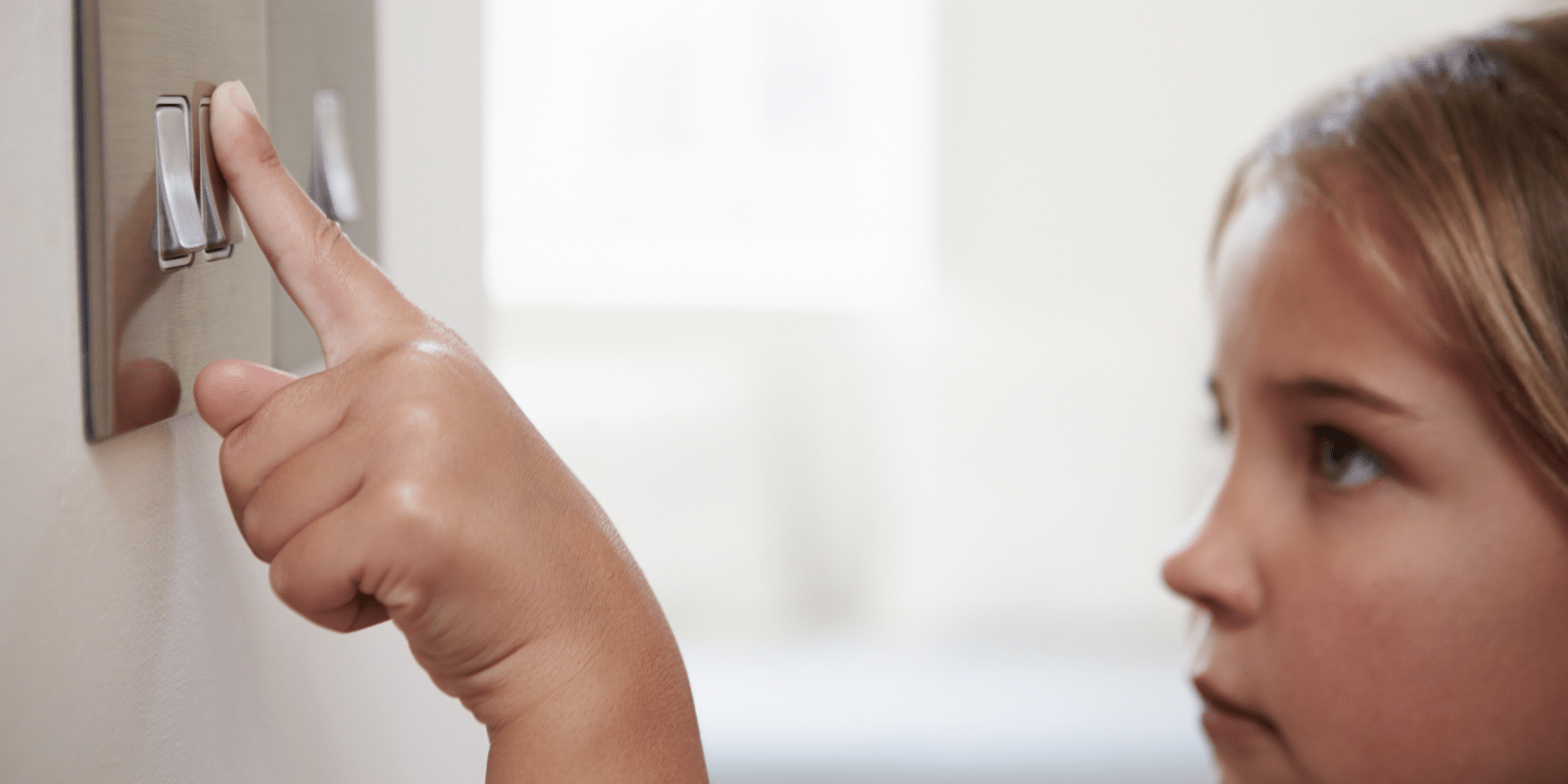Taking care of one another and our planet is getting more important every day. To that end, fighting the isolation of the pandemic during 2020 by raising our level of eco-conscious behavior can help. In each step of our daily activities and lives, it’s critical that we consider out consumption.
At Home
If you’re thinking of building a bigger home, take a look at construction estimating software that will allow you to study energy consumption per square foot. Consider factors such as passive solar use, the addition of a solar power system, and what it costs to heat and cool a new house by the square foot.
Encourage the simplest actions to increase awareness. If it’s chilly out, require socks. If it’s warm outside, direct fans across the floor and require bare feet. You can create a house that uses less energy and improve your energy consumption by changing your habits.
On the Road
One of the easiest ways to reduce what you consume as a driver is to let gravity control your slowing. Talk with your children as you drive about how brakes, while necessary, aren’t really the most efficient way to slow down your car. If you drive a standard, let them see you shift gears. Pay attention to your acceleration and note how other drivers handle their vehicles.
Jump starts and hard braking are disruptive, jarring, and expensive. You’ll burn more gas, wear out your tires and tear up your brake pads with these activities. When your kids are old enough to drive, you may agree to pay to put gas in the car, but if you notice a big jump in consumption, consider having your new driver pay the difference so this consumption becomes visible.
At School and Work
Let your children see you packing your lunch bucket. Take the time to wash out storage containers and plastic bags for later use. Make a game of writing the date of purchase on a container of disposable bags to see how long you can make them last. When you empty a bread bag, ask your toddler “How can we use this again?” and see what they come up with.
Put this question to work on everything from plastic bottles to clothing to change how your children think about possessions and resources. Help your child to understand that with every re-use of an item that would otherwise be discarded, we’re reducing the burden on the planet.
Switch by Switch
Get comfortable with silence when your children are small and leave the television off unless someone is watching it. Encourage your children to pay attention to where the light switches are and reward them for turning off lights in empty rooms. When your kids start college, if they’re still living at home, let them pay your utilities as rent.
Pay attention to daylight hours and arrange play spaces near windows so kids can get in the habit of using natural light instead of artificial light. Wind down at the end of the day by using small table lamps or candles. Of course, children should be kept away from active flames until they can manage them safely, but learning to wind down away from electric lights will help your kids manage fears of the dark and learn to sleep more deeply.
At the Table
With an eye toward nutrition and water consumption, work to make meat an occasional food. A diet high in meat is not ideal for anyone, and the water consumption required to generate meat on factory farms is extreme. Does this mean that you must be vegetarian? Of course not; first of all, the imposition of this lifestyle choice wouldn’t work for many families, and resenting the food on your plate is not a healthy way to consume anything.
However, food is both ecological and political. If budget is a concern, you may not be able to afford meat every day. Instead, celebrate the good food you do have, from fresh eggs to seasonal produce. Talk with your kids about the basics: protein, minerals and vitamins, and have a little party when you consume something that’s particularly high in healthy benefits.








Leave a Reply
View Comments